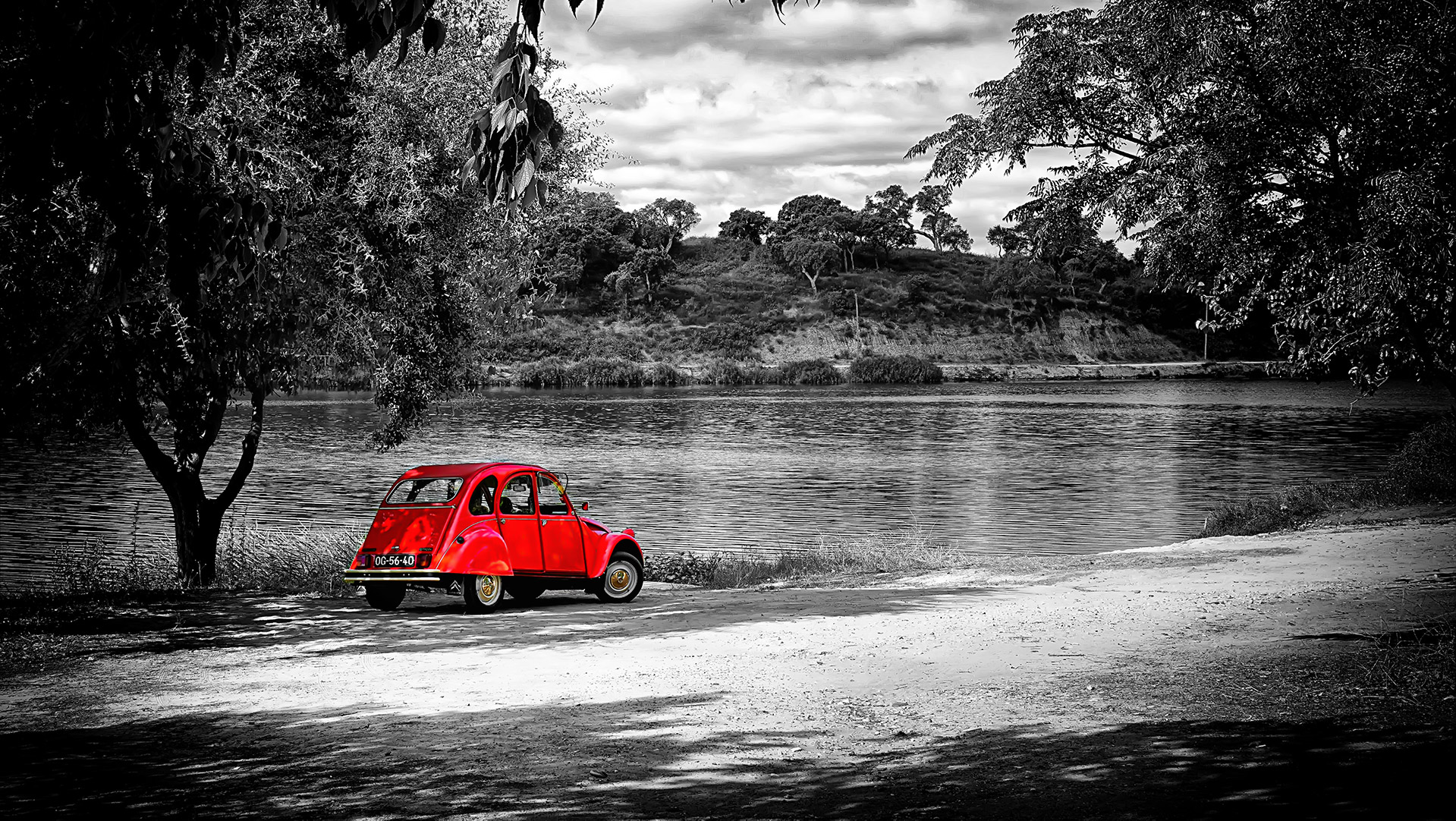Red Cars & Lockdown
For The Love Of Lockdown
COVID-19 and consequently, the enforced lockdown, has been the single greatest life-changing global event since the Great Wars, touching those that we love, seemingly indiscriminately. Lockdown, for many, has forced us into re-evaluating the important ‘things’ in our lives and if our future aspirations still hold true?
For the Love of Lockdown is a short series of articles with which, I hope, rather than simply tolerate our newly restricted freedoms but to flourish within these new constraints taking a slightly left of field approach. We will look into the weird and wonderful from the world around us to the microscopic delving into how gut bacteria can change the way we think, or how an ancient alarm system can unwittingly keeping us on high alert and feeling anxious. To how we can paddle in greater safety out on the water simply by recognising the clouds around us!
How we are already geared up for lockdown?!
Dealing with lockdown is obviously an unfamiliar concept to pretty much all of us. For some, it is not necessarily lockdown that is the issue rather it is likely to be the first time in our lives (particularly for the young) where there is no definitive answer to what the future is likely to hold.
Unfamiliar situations or ones we feel are out of our control can make us feel uneasy or even stressed. One group of people who consistently deal with stressful situations are athletes. Sport Psychologists have been helping devise ways in which sportswomen and men can better cope with performance-related stress for decades. Routine, for example, executing the same warm-up in training as well as in an Olympic final, helps to reduce the stress associated with uncertainty by doing something which is familiar to us.
While we might not all be going to the Games (especially now that it has been rescheduled for 2021) establishing a routine helps draw comfort from the familiar rather than focusing upon the uncertain. Similarly, research has shown that these concepts work for the everyday; getting up early (or at least a reasonable time) in the morning is vital, especially when the weather is as good as it has been. Interestingly, going to bed late, particularly past 10pm, has the opposite effect, releasing a stress hormone which primes our system to be on constant alert.
Not only is this excessively fatiguing we become more susceptible to noticing things which are out of the ordinary and or which are perceived as harm causing. So what can we do?
Want to beat stress? Then change your focus.
Try to establish a consistent routine and become more in rhythm with the day. Go to bed earlier and rise earlier enabling you to make the most of our springtime daylight.
Focus on what you want to happen. Teaching my young son to ride a bike was a classic example of how focusing upon avoidance simply increases the chances of the thing we are trying to avoid happening, actually happening.
Having mastered staying upright on a quiet country lane a red car had parked ahead of us. Being an attentive Father I said to my Son “watch out for the red car parked up ahead…”, what do you think happened as we passed the car? You got it, now that he was explicitly made aware of the red car, as we passed, he steered straight into the side of it. Despite having kept to a relatively straight line up until that point!
So what could I have done that might have helped in that situation? Instead of telling him that a car was up ahead and the ‘don’t hit it’, simply drew his attention to it. Not only that, but there was no information in the command to tell him what he should actually do.
Focusing on what he was already doing well, and drawing his attention to what I wanted to happen i.e. cycle through the really big gap to the side, would have been more beneficial.
Right now, as adults, this is possibly the only time in our lives where we get to experience the world as kids again. With nowhere to rush to, now is a great opportunity to take time to enjoy what we are doing. Walk slowly, take in your surroundings, for example, did you notice how weird that tree looks or even what species it is?
Look more closely at a common bird you see all of the time, for example, did you notice how translucent the petrol blue feathers of a magpie are? They are amazing and all too easily overlooked when we are on a schedule, rushing too much or worse, looking down at a phone. Take stock, enjoy it.
In my next “For the Love of Lockdown” article, we will delve into how an evolutionary alarm system might be doing more harm than good when unchecked.






